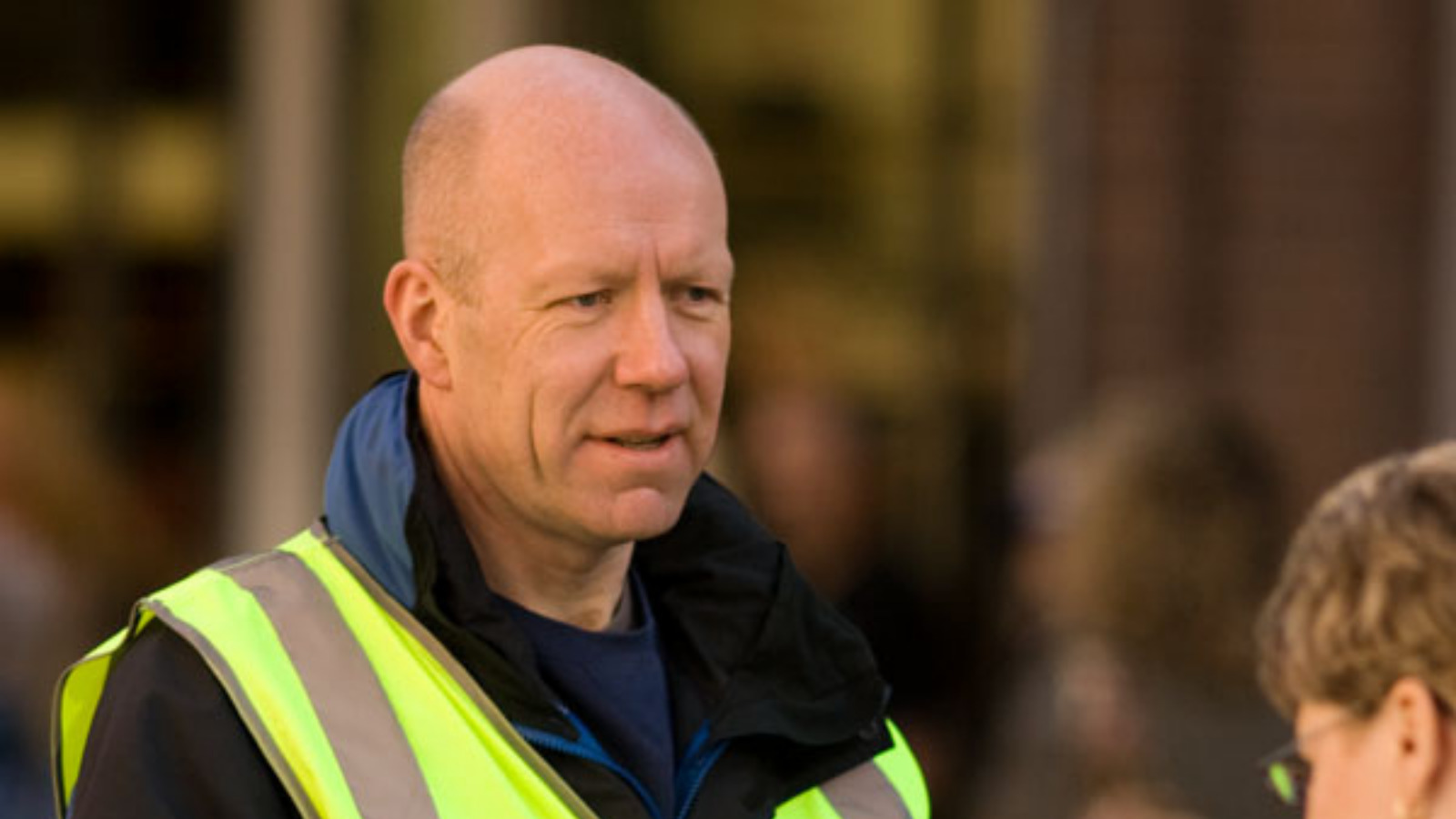The Electoral Commission is to examine complaints about a “green” political party accused of “blatant electoral deceit” at the Holyrood election.
A row erupted in the wake of last week’s Scottish Parliamentary vote after the Scottish Greens claimed a party called Independent Green Voice (IGV) potentially cost them two seats. The Scottish Greens claim that the IGV is a “front for fascists”. IGV has been asked to comment in response to these claims.
In Glasgow region IGV took 2,210 votes, despite almost no online presence during the election campaign. The Scottish Greens received 36,114 votes.
In South of Scotland, the Scottish Greens took 18,964 votes while IGV won 1,690 votes. The Scottish Greens believe they required only a few hundred extra votes to have another member elected in each region.
Ahead of the election, The Ferret reported that a candidate for IGV had been accused of Holocaust denial while two others are former activists with the far right British National Party.
The alleged Holocaust denier is called Alistair McConnachie, who was on the Glasgow list. He previously denied the allegations but did not reply to our requests for a fresh comment.
Ex-BNP activist Max Dunbar was an IGV candidate on the Scotland South list. Dunbar is a former treasurer of the Scottish branch of the British National Party. He was pictured in Glasgow in 2009 distributing BNP literature.
McConnachie registered IGV with the Electoral Commission in 2003.
A spokesperson for the Scottish Greens told The Ferret: “Independent Green Voice, now a front for fascists, was allowed to use a logo with ‘green’ in big letters and the other words in small print on the ballot paper.
“This attracted enough votes to potentially prevent two additional Scottish Green MSPs to be elected, one in Glasgow and one in the South of Scotland. There are serious questions about how the Electoral Commission allowed such blatant electoral deceit.”
In reply to questions by The Ferret, the Electoral Commission (EC) said it had received complaints and would consider them in line with its complaints policy. The EC is the UK’s election watchdog.
A EC spokesperson added: “We assess all applications for party names and emblems against the criteria set out in law, including the requirement to ensure that in our opinion voters would not likely be confused between two parties as a result of how their identity marks look on a ballot paper.
“If a party’s application meets the legal criteria it must be registered. As part of our assessment process we invite comments from the public and other parties.
The EC pointed out there are over 400 parties currently registered and that “inevitably there are instances where the same words are used by more than one party”.
The EC spokesperson added: “No concerns were raised with us in relation to this application to add an emblem to a long-registered party. We are satisfied that there are clear and sufficient differences between the two party’s registered names, descriptions and emblems to avoid confusion.”
Commenting on the Scottish Greens’ claim that IGV cost them seats, Strathclyde University Professor John Curtice said: “I agree that if those who voted for IGV in Glasgow and South Scotland had voted for the Greens instead that the Greens would have been allocated an extra list seat in both regions.
“However, it also has to be established that there is good reason to believe that voters were confused. One way of testing whether that looks possible is to compare the increase in Green support between 2016 and 2021 in regions where IGV stood and those where they did not. On average the increase in Green support in the two sets of regions is +1.5 per cent.”
Regarding IGV’s name and official registration as a party in 2003, Professor Curtice, an expert on elections, said that in agreeing to the name the EC would have “considered whether it was potentially confusing”. He said he did not know whether Scottish Greens had made representations to the EC about the name.
He continued: “In any event, given that the name has been registered for 18 years, it is not clear that the EC will feel there are grounds for conducting any investigation.”
Independent Green Voice, now a front for fascists, was allowed to use a logo with ‘green’ in big letters and the other words in small print on the ballot paper.
Scottish Greens spokesperson
The Scottish Greens said its focus at the moment is over IGV’s use of a ‘green’ logo on the ballot paper. The party is considering submitting a complaint to the EC.
Under section 29 of the Political Parties, Elections and Referendums Act 2000, the EC must consider prior to granting registration whether a party’s emblem is “likely to be confused by voters” with another registered party’s emblem.
The EC must also take into account whether a proposed emblem could confuse voters, should it ever appear on an election ballot paper.
Former UKIP member McConnachie — who founded a pro-Union group called A Force for Good — was investigated by Nigel Farage’s former party in 2001 after making comments about the Holocaust.
Independent Green Voice has been asked to comment.














